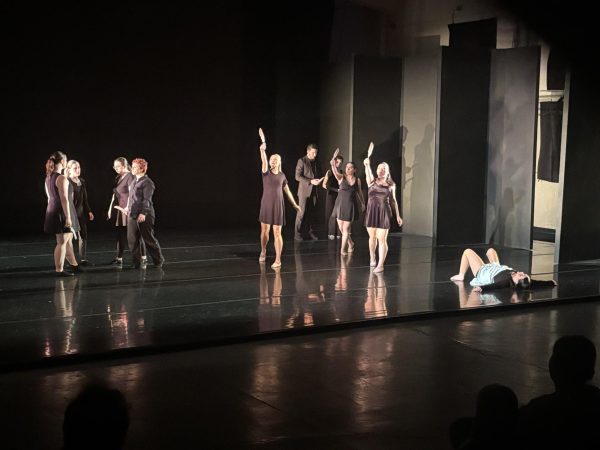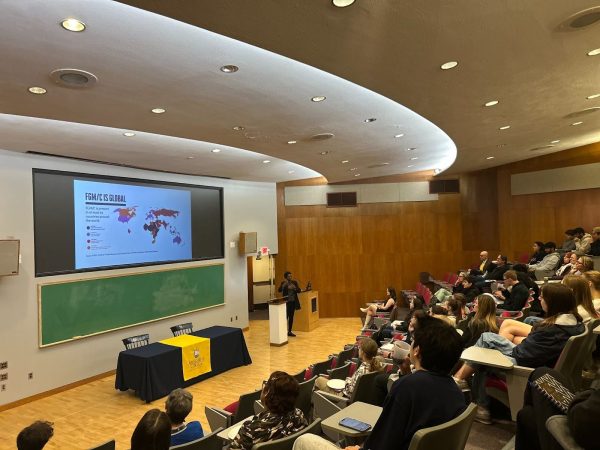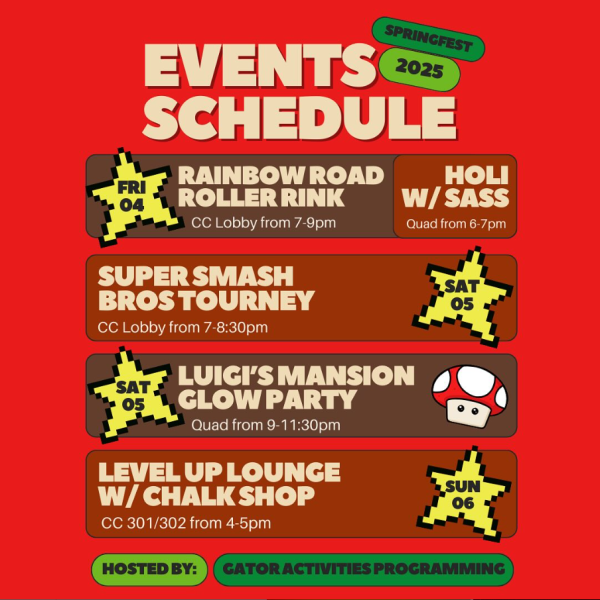Meet the Press: alumni return to talk careers in journalism
Allegheny alumni gathered with aspiring journalists via video conference on March 18 to discuss their experiences at Allegheny and how it prepared them for a job working as a journalist. The panel was co-sponsored by The Campus and Career Education. Marley Parish, ’19, graduated from Allegheny with an English major and double minor in political science and journalism in the public interest. She currently works at the Centre Daily Times in State College, PA with a focus on government in the state and county level.
“What drew me to journalism, in all honesty, was the Journalism 100 class at Allegheny as a first-year student,” Parish said. “I really fell in love with talking to people and asking people questions especially as a first year student. It was an avenue to meet new people and explore the campus.”
Writing is not for everyone as displayed by photojournalist Caitie McMekin, ’14, who took a different approach to journalism compared to her colleagues.
”I am not a writer at all and I do not like writing,” McMekin said. “As far as getting into journalism, I always enjoyed taking pictures and journalism ended up being the outlet for me to take photos.”
McMekin explained that photojournalists often have to express a story through a single photo that captures a moment in time and perfectly shows what was happening during that time.
“You have to be there for everything. It is more time consuming than being there at the end of it and interviewing,” McMekin said. “(There are times where) I would have to listen to some crazy stuff that makes my blood boil when I am trying to get permission for a photo. I just kind of nod my head and smile and take the pictures I need to take.”
For some such as Ann Gearan, ’85, journalism was something that she was surrounded by most of her life. As a diplomatic correspondent for the Washington Post, she primarily focuses on covering the White House with a specialty in foreign affairs and international relations.
“I was born to it,” Gearan said. “Both my parents were journalists. I grew up going to the big newspaper building downtown and that sort of romanticized newsroom culture. (I) did an internship at the Meadville Tribune and that led to internships at Washington.”
The process to get a job as a journalist is often similar to many other professions. Whether it is creating connections during internships or creating a strong portfolio, Gearan said that it is important to gain firsthand experience and apply yourself.
“What is true at the Post is true at a lot of other places,” Gearan said. “We aren’t hiring people who are editors of their campus papers; we are hiring people who leveraged that position of leadership into that next thing and that next thing.”
Gearan said that it is equally as important to create connections and get involved with people who already work in the field you are interested in.
“I definitely recommend networking and meeting people in the industry,” said Milton Guevara, journalist and production assistant for NPR’s Morning Edition in Washington, DC. “Asking people how they did it, how they got there, and when it comes to applying you will already know how to do it.”
Being a journalist also comes with its own share of risks and responsibilities. The panelists agreed that it is the duty of the press to report the truth in an unbiased manner and inform the public of what is happening in the world around us. It is important to recognize that journalists will face push back.
During the Jan. 6 Capitol Hill riots, many news reporters and photographers were assaulted and attacked by those in attendance.
“I had no idea what was about to happen,” Gearan — who was covering President Trump, who was protected by the Secret Service at the time — said. “My colleagues at the Capitol were in genuine danger. For people doing their jobs as reporters to be trampled, to be confronted and spat upon by people not wearing masks, and women having their clothing ripped off; this is something that we did not imagine could happen, not in the United States. It’s not the Capitol Police’s fault. No one protected those reporters.”
Keeping these dangers in mind, the panelists discussed that, even if a reporter is doing their job and trying to make a living for themselves, there will always be people who are going to get in the way of aspiring journalists.
“(We are) very mindful of who we decide to quote,” Parish said.
It is important to draw the line between who journalists decide to give a voice to and making sure you do whatever you can to report the facts.
“Make sure that the truth and what is accurate is at the forefront of everything,” Parish said.
“What we do is track the demographics of our sources and have a show where our sources aren’t just white people in Washington DC,” Guevara said.
There is a difference between objectivity and fairness and it is the role of journalists to achieve that fairness and be transparent.
Just like many other working Americans, reporters had to adapt to the pandemic by switching to interviews through the phone or online video conference meetings.
“Working as a reporter, my job didn’t change a lot,” Parish said. “A lot of it switched to phone and video interviews, and when I did get the opportunity to interview someone in person it was like Christmas.”
Even if work didn’t change much, the pandemic was stressful and often put a mental toll on many people. Gearan highlighted the importance of her fellow co-workers when it came to overcoming the pandemic and fighting through the hardships.
“It’s kinda cheesy, but my colleagues, my team, and my mates (are helping me get through the pandemic),” Gearan said. “We are really tight-knit and helpful to one another. I help other people and they help me in so many ways.
The panelists discussed, whether one tries to work at a national news company or a local paper, having work you can show off to your employers is always important.
“When I left Allegheny I wasn’t proud of any work to show off,” McMekin said. “You have to make stuff you love and you’re proud to show off and you think it can get you a job. Show off what you did and all that stuff is important.”









